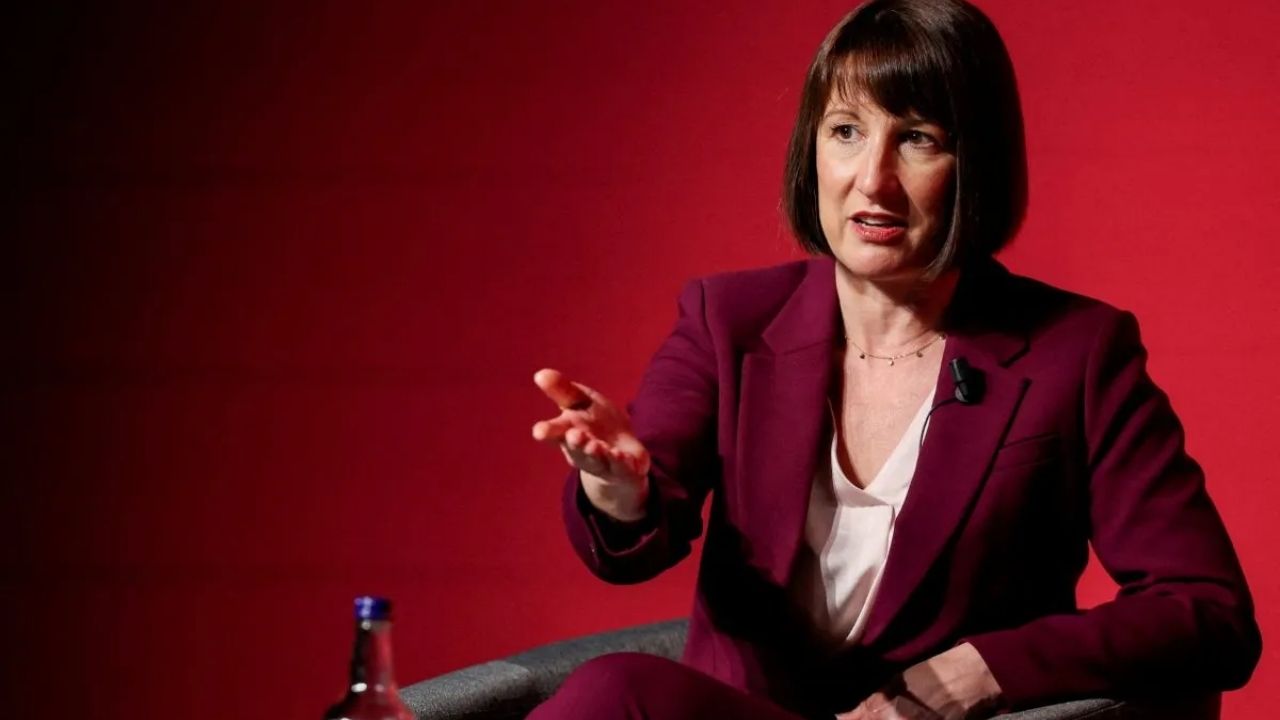Financial experts and tax advisers are urging Shadow Chancellor Rachel Reeves to commit to a significant overhaul of the UK’s inheritance tax rules. They have issued an inheritance tax warning that the annual gifting allowance, frozen for over four decades, is unfairly penalising families through ‘fiscal drag’ as inflation and rising asset values pull more modest estates into the tax net.

The Core Issue: A Rule Stuck in Time
The central point of contention is the annual gift exemption, which allows individuals to give away up to £3,000 each year without it being added to the value of their estate for Inheritance Tax (IHT) purposes. According to government records, this figure has not been changed since 1981.
Wealth management firm Quilter calculates that had the gifting allowance been indexed to inflation, it would now be worth over £9,600. This freeze means the allowance’s real-terms value has dramatically eroded, limiting the ability of families to pass on wealth without facing a potential 40% tax charge. This phenomenon, where tax thresholds do not keep pace with rising prices or wages, is known as fiscal drag.
“The current annual gift exemption is a relic from a bygone era,” said Shaun Moore, a tax and financial planning expert at Quilter, in a widely-circulated statement. “Leaving it untouched for over 40 years, especially during periods of high inflation, has amounted to a stealth tax on families simply looking to pass on their wealth.”
Labour’s Position Amid Growing IHT Receipts
The pressure on Rachel Reeves comes as the UK Treasury sees record-breaking revenue from IHT. Data from His Majesty’s Revenue and Customs (HMRC) shows that IHT receipts for the tax year 2023 to 2024 reached a record £7.5 billion, a £0.4 billion increase from the previous year. This trend is largely attributed to frozen tax-free thresholds combined with long-term growth in asset values, particularly housing.

The Labour Party, which leads in opinion polls ahead of an expected general election, has remained cautious. While Reeves has stated the party has “no plans” to alter the main IHT thresholds, she has not made a specific commitment regarding ancillary reliefs like the gifting allowance. This ambiguity has prompted calls for clarity from financial planners who advise clients on long-term estate planning.
The Impact of Fiscal Drag on UK Families
A Widening Tax Net
Originally intended to affect only the wealthiest estates, IHT is now impacting a growing number of middle-class families. The primary nil-rate band has been frozen at £325,000 since 2009, while the residence nil-rate band is fixed at £175,000. While these thresholds allow many to pass on a family home tax-free, rising property prices mean more estates are exceeding the combined limits.
“Fiscal drag is doing the government’s work quietly,” stated a senior policy analyst at the Institute for Fiscal Studies (IFS). “Without any active policy changes, the tax base for IHT expands each year as asset growth outpaces static thresholds. Reforming smaller allowances would be a simple, targeted way to offer some relief.”
The Case for Reform
Proponents of increasing the gifting allowance argue it would:
- Restore Fairness: Align the allowance with its original value and intent.
- Simplify Estate Planning: Encourage people to make smaller, regular gifts without complex administrative burdens.
- Boost the Economy: Transfer wealth to younger generations who may have a higher propensity to spend, for example on housing deposits or education.
However, any proposed change would face political scrutiny. Critics may argue that it would primarily benefit wealthier households who have the liquid assets to make such gifts. The potential loss of revenue would also need to be accounted for in any future government’s budget. As the political parties prepare their manifestos, the future of this long-neglected tax relief remains a key question for millions of families across the country.
NZ Pension Increase for 2025? Find Out New Rates & Payment Dates!
Fury as Pension Fund Pushes Arms Investments; Workers Urged to Say No
Cost of Living Help & Pension Payments Coming in September 2025 – Are You on the List?
FAQs
1. What is the current inheritance tax threshold in the UK?
An individual can pass on assets up to £325,000 tax-free. This is known as the nil-rate band. If you give away your home to your children or grandchildren, a further £175,000 allowance (the residence nil-rate band) may apply, effectively raising the threshold to £500,000 per person.
2. What is the annual inheritance tax gifting allowance?
Currently, you can give away a total of £3,000 worth of gifts each tax year without them being added to the value of your estate. This is the ‘annual exemption’. You can carry any unused annual exemption forward, but only for one year.
3. Why is ‘fiscal drag’ a problem for inheritance tax?
Fiscal drag occurs when tax thresholds do not increase in line with inflation or asset growth. For inheritance tax, this means that as the value of assets like property increases over time, more estates are pushed over the frozen tax-free threshold, causing more people to become liable for the tax.





